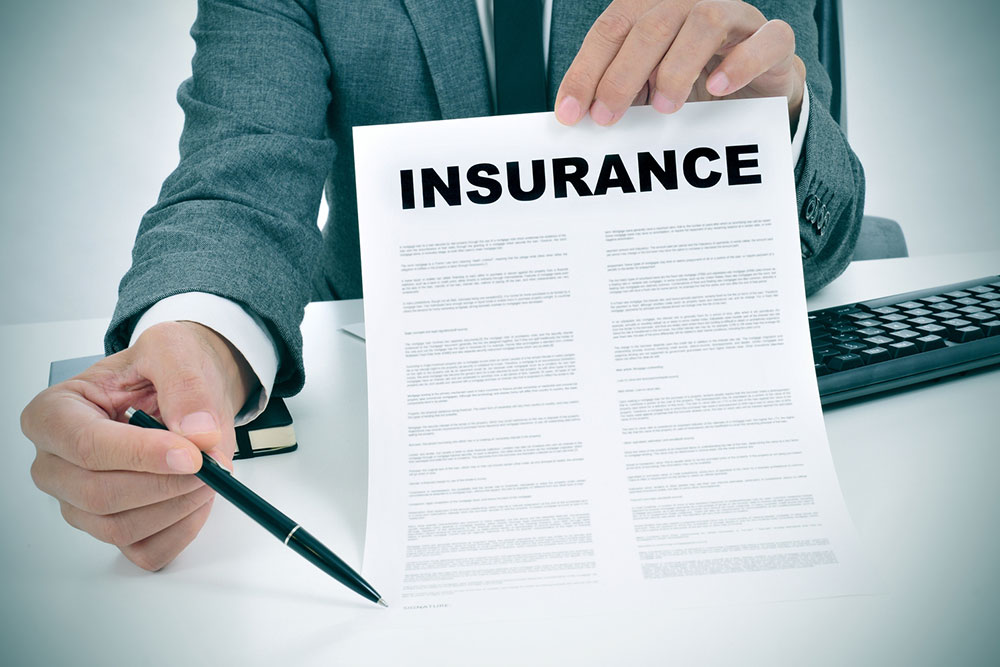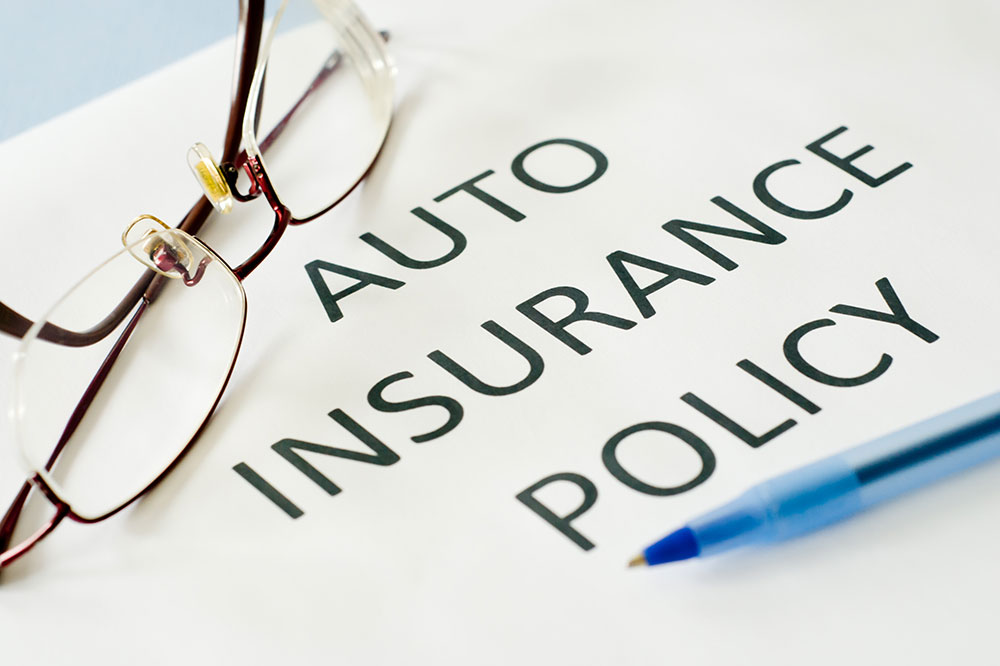Key Auto Insurance Protections You Should Know
Learn about the essential auto insurance coverages including liability, collision, and comprehensive protection. This guide helps you understand the key protections required for financial security after accidents, ensuring you choose the right policy to suit your needs.

Understanding Essential Auto Insurance Protections
Auto insurance is mandatory in most U.S. states, providing critical financial support after accidents. It establishes an agreement between drivers and insurers, where premiums are paid regularly. The scope of coverage depends on your policy and quote. Typical coverages include liability, collision, and comprehensive protection. Here are the primary auto insurance coverages available nationwide:
Liability Coverage: When you're responsible for an accident, liability insurance helps settle costs related to property damage and medical expenses for those affected. Coverage limits vary by state, and you can select from options including property damage, personal injury per individual, and total injury per incident.
Collision Insurance: This coverage pays for repairs to your vehicle following a collision. Choosing the right deductible is vital, as it impacts your out-of-pocket costs. For older vehicles, collision coverage might be less cost-effective due to lower vehicle value and higher premiums.
Comprehensive Coverage: This protects against damages not resulting from a collision, such as weather-related harm or falling objects. For example, if a storm damages your car or a debris dent occurs, comprehensive coverage covers those damages. It complements collision insurance and should be selected based on your needs.
Understanding your coverage needs helps in choosing the best auto insurance policy for your vehicle.


